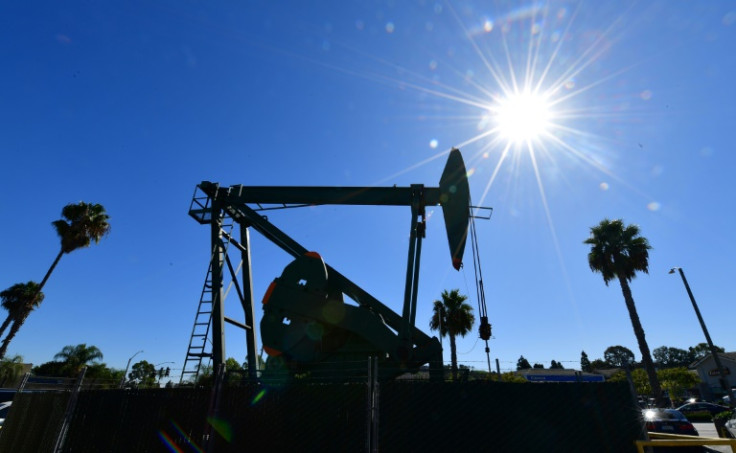Oil Prices Plunge As Qatar Warns Iran Against Attacking Israel Amid Cease-Fire Talks

Oil prices fell sharply on Friday following reports that Qatar's prime minister warned Iran against launching an attack on Israel while sensitive cease-fire and hostage negotiations are ongoing. According to NBC News, the Qatari leader, Mohammed bin Abdulrahman Al Thani, urged restraint during a phone call with Iranian officials, stressing that any military action could derail diplomatic efforts aimed at brokering a ceasefire and securing the release of hostages held by Hamas.
The warning comes as ceasefire discussions enter their second day in Doha, where talks have focused on a potential six-week truce in Gaza and a partial withdrawal of Israeli forces in exchange for the release of hostages taken during the Oct. 7 attacks. Two diplomats told The Washington Post that the Qatari prime minister emphasized the risks of escalating tensions, with one source stating that Al Thani "encouraged Iran to de-escalate and stressed the need for calm." Another diplomat noted that the Qatari leader specifically cautioned that an attack on Israel could undermine ongoing negotiations.
This diplomatic intervention contributed to a 3% drop in oil prices. West Texas Intermediate (WTI) crude closed at $76.13 per barrel, down $2.02 or 2.58%, while Brent crude fell to $79.15 per barrel, a decline of $1.91 or 2.36%. Gasoline and natural gas prices also saw declines as the market responded to the lack of immediate retaliation by Iran, coupled with concerns over weakening demand from China.
The backdrop to this tension involves threats from Iran to attack Israel following the assassination of Hamas leader Ismail Haniyeh in Tehran last month. Despite heightened anticipation, no strike has yet occurred. Hezbollah has reportedly held off on retaliatory action as well, with a source telling the Jerusalem Post that the group doesn't want to be seen as obstructing the Qatar-led negotiations.
"The pendulum of price influence keeps swinging between fundamentals and geopolitics, with today's selloff seemingly dictated by negotiations in the Middle East and an ongoing lack of retaliation by Iran," Matt Smith, lead oil analyst for the Americas at Kpler, told NBC News.
© Copyright IBTimes 2024. All rights reserved.





















